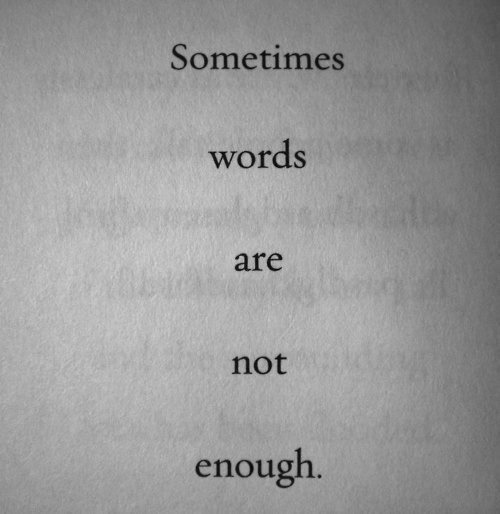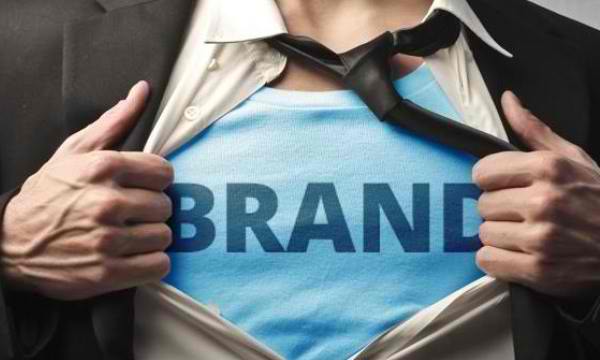Today's fantastic guest post comes from William Gould, a #HealthcareHR executive who lives the No Excuses philosophy!
Leadership accountability seems to be a favorite, or
not-so-favorite debate occupying the senior leadership meetings in healthcare
organizations across the country - from the towers of the federal government,
to the board rooms of community hospitals.
Here's the impetus: the American
healthcare system is a wreck, and it is going to get worse. The point to disruptive change is disruption,
and we are living it.
We must rely on adaptive leadership
to get us to the next iteration of who we need to become to provide quality,
low cost care for our nation and our communities. Leaders must lead differently, and
organizations must develop and hold those leaders accountable to the work that
they do. Many organizations turn to HR
and OD professionals to help drive change leadership, and to measure leadership
accountability. How? We develop programs, competencies, evaluation
methodologies, and metrics. Why? Because we are HR and that's what we do. Does it work?
 HR Programs
HR Programs
Many leadership accountability programs look like this:
supercharged job descriptions; standardized leadership competencies; 360-degree
evaluations; standardized performance appraisals; and, carefully integrated
incentive compensation schemes, to name a few.
We re-brand, repackage and redeploy the same tired systems with the hope
of changing leadership behaviors that will achieve break through results:
higher quality outcomes, increased patient satisfaction, lower costs, and a
highly engaged workforce.
Blah, blah,
blah.
Same old HR programs. But does it work? Does it really drive different
leadership behaviors, and get at the right accountability our healthcare
leaders must demonstrate to transform a broken healthcare system?
We can organize, codify, and subjectively measure standard
behaviors and outcomes until we are blue in the face. The problem is that we are continuing to
measure the same old behaviors, by the same tired leadership thinking that
contributed to our healthcare mess. How
do we pull the right levers?
Leadership Is Personal
Leadership isn't a process or a program, it is a personal journey
and a values-based experience.
Transformational leaders become accountable at the point where their
behaviors align with their personal values and their organization's mission. Transformational leaders are those who
demonstrate the courage to take actions outside of the scope of their poorly
written job descriptions. But how are we
supposed to design and measure that?
My Own Epiphany
I have been a healthcare HR leader for the past 15 years. I currently work for a faith-based, mission-driven
organization with a long history of providing care to the under served and poor
in our community. I drank the healthcare
Kool-Aid long ago and work hard to align my professional leadership behaviors
to support my organization's mission. I
too have developed a number of HR and OD programs aimed at developing leaders
and measuring leadership accountability.
 Three years ago I was diagnosed with diabetes. A few weeks ago I attended the American
Diabetes Association's Expo at the Colorado Convention Center (iRunDiabetes.)
Three years ago I was diagnosed with diabetes. A few weeks ago I attended the American
Diabetes Association's Expo at the Colorado Convention Center (iRunDiabetes.)
My emerging personal efforts as a diabetes
advocate neatly intersect with my professional work as a healthcare
executive. The Expo was marketed heavily
to an under insured and under served population to provide them with healthcare
and diabetes resources that can't typically access. I am not one of them. I am fortunate to have health insurance, and
access to care.
For those who do not have diabetes, or other serious chronic
conditions, it can be overwhelming even when you have access to care and the
resources to pay for it. I wandered the
Expo hall with a profound sense of guilt and remorse; not just because I felt
fortunate to have resources to manage my disease, but because I realized the
gap that existed between my personal values, and my professional work.
I thought for days about how hard it must be
for the diabetics at that Expo who do not have regular access to care. These
are many of the same people who my hospital serves when their untreated
condition becomes critical.
Leadership Accountability
I may be hitting the leadership requirements on my performance
evaluation and business objectives in my paid work (although there is plenty of
room to improve), but it feels like I am failing when it comes to leadership
accountability - the type of leadership accountability that is going to help
change the healthcare game.
Maybe my
leadership accountability lies in closing the gap between my diabetes advocacy
and my work as a healthcare executive?
None of this is measured in my performance evaluation. I don't have an incentive built around
improving access to an under served population - I'm a HR guy. But if I really want to be one of the
transformational leaders who contributes to changing a broken healthcare
system, maybe I need to find a way to succeed.
Urgency doesn't come from a program in the workplace, or a fancy
measurement scheme in the OD department.
Leadership comes from an urgency of purpose, and is based in personal
values. Maybe the best measure of
leadership accountability lies in hiring the right leaders, and giving them the
tools, freedom, support, and resources to really make a difference? But, how do we measure that?
William Gould is the VP of Human Resources and Support
Services for a faith-based, nonprofit hospital in Denver, Colorado. He is also a recovering HR and leadership
blogger who is now trying his hand at writing about diabetes and his running
obsession at iRunDiabetes. His
professional objective involves taking the friction out business and people
processes that are most commonly caused by stupid HR practices. He is fond of organizational development
work, and passionate about wellness. Connect with him on LinkedIn.








